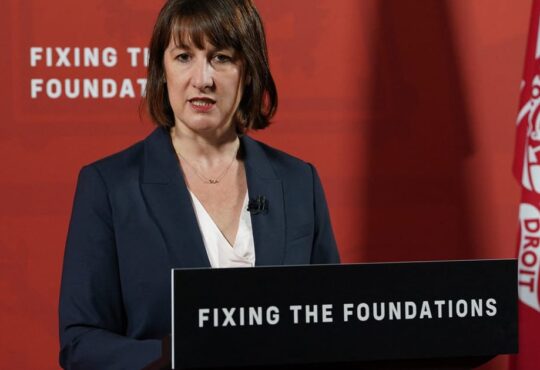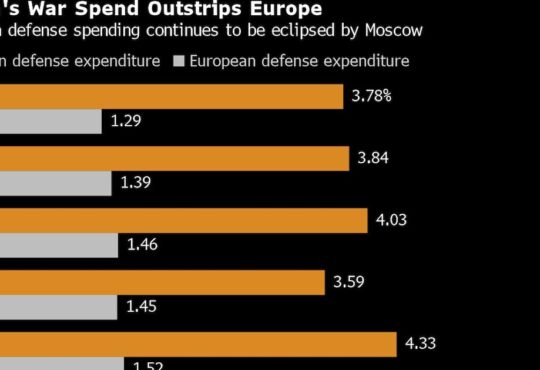
Draft legislation released by HMRC packs some unexpected consequences
The Finance (No 2) Act 2023, which received Royal Assent on 11 July, has started to make the changes to the lifetime allowance (LTA) that were announced at the Spring Budget 2023, including the removal of the lifetime allowance charge.
HMRC has also opened a technical consultation on draft legislation to abolish the LTA altogether with effect from the start of the 2024/25 tax year. However, the draft legislation has some surprising effects which, if left unchanged, would radically change the way that defined benefit (DB) and defined contribution (DC) pension scheme members can take their benefits.
The LTA is a limit on the amount of tax efficient pension saving an individual can make in registered pension schemes during their lifetime. It is currently set at £1,073,100, but some members have LTA protections (for example, fixed or enhanced protection), which mean they are subject to slightly different rules.
What the draft legislation does
The draft legislation does its job in terms of tidying up the tax legislation in order to remove the LTA and the complex provisions around its related “benefit crystallisation events”. It also clarifies that those members who already benefit from one of the LTA protections will retain their rights to higher benefits and that it will still be possible to make an application for fixed or individual protection 2016 up until 5 April 2025. There are some issues, including that the legislation does not yet deal with transitional arrangements, but a few grumbles can be expected with any draft legislation.
A key part of the changes is that, although the LTA is going, it has been replaced by allowances on tax-free lump sums. There is an overall “individual’s lump sum and death-benefit allowance”, which covers certain lump sums payable to the member as well as death-benefit lump sums payable in relation to them. This total allowance (which will apply per member and across all schemes, not per scheme) is set at the level of the current LTA, £1,073,100. Within this overall allowance is a new individual’s lump sum allowance. This is the tax-free allowance for certain retirement-related lump sums that the member can access (most notably, the pension commencement lump sum (PCLS)). This is set at 25% of the current LTA ( £268,275).
Why is that so radical?
Under the draft legislation, the permitted maximum for a PCLS will be the lower of 25% of the value of the member’s benefits and the new individual’s lump-sum allowance. And this is where it starts to get more interesting.
In its current form, the draft legislation provides that any part of a lump sum taken above the permitted maximum will be taxed as income. That includes not only the excess above the individual’s lump sum allowance (broadly what can currently be paid as a lifetime allowance excess lump sum) but also any part of a lump sum which is in excess of 25% of a member’s benefits.
This looks much more like the DC world than the DB world. In an extreme example, any member – not just those with high-enough benefits to be impacted by the new allowances – could take all of their DB benefits as a lump sum without incurring an unauthorised payments charge and with no safeguards or member protections.
Conversely, for DC savers who die before the age of 75, there have been many reports that the changes made seem to close the door on the option of leaving an uncrystallised fund tax-free to dependants.
What happens now?
Neither of these changes were announced at the Spring Budget 2023, and HMRC is already reported to have confirmed that there is no intention to radically expand the pensions freedoms. It will, therefore, be important to follow the progress of this draft legislation and see what changes are made to it.
Osborne Clarke comment
These points add to the uncertainty already created in this area by the Labour Party’s clearly stated opposition to the removal of the LTA.
HMRC’s consultation on the draft legislation runs until 12 September 2023. We anticipate that changes will be made after the consultation to the scope of the legislation but also that the government will be keen to move forwards as quickly as possible in order to ensure that the law changes before the next general election.
Trustees, employers and pension scheme members should continue to follow developments.






